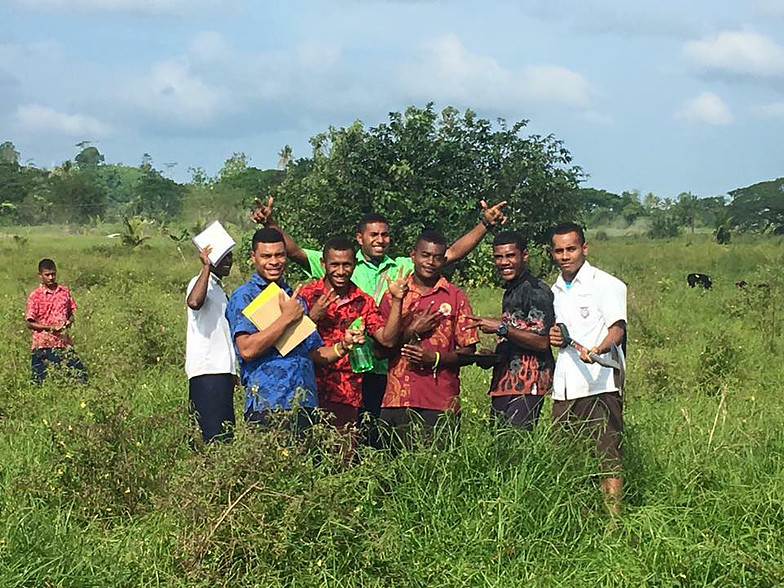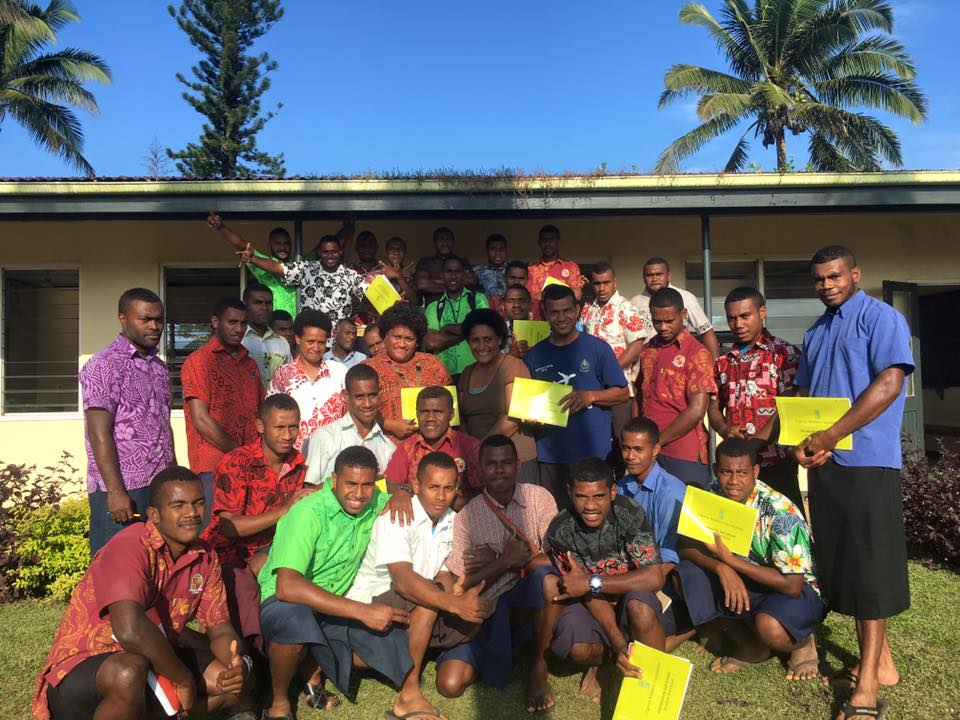An Overview Of Our Solution
- Population Impacted:
- Continent: Oceania
Organization type
Population impacted
Size of agricultural area
Production quantity
People employed
Describe your solution
Describe your implementation
External connections
What is the environmental or ecological challenge you are targeting with your solution?
Describe the context in which you are operating
Taveuni island in Fiji had a Taro yield average of 750Grams with a 25% reject rate using conventional chemical agriculture this was a trend that was not getting better. after two years and 200 farmers participating in the Soil School program that has changed markedly to a 1.2kg average and a 10% reject rate. Our aim is to increase yields to not only meet market demand but to increase yields sustainably for the benefit of future generations. So the farmer can leave the farm to his children better than when he received it. the Soil School program has farm reaching benefits for the people, villages and communities
How did you impact natural resource use and greenhouse gas emissions?
Social/Community
Water
Food Security/Nutrition
Economic/Sustainable Development
Climate
Sustainability
Economic sustainability is the aim of Soil School, initially the program relies on funding from various agencies, however participants are trained to continue the work within there own communities to expand and replicate the information. Soil School conducts a master class program and assists with setting up farmer groups to share this information as widely as possible.
Return on investment
Entrant Image

Entrant Banner Image

